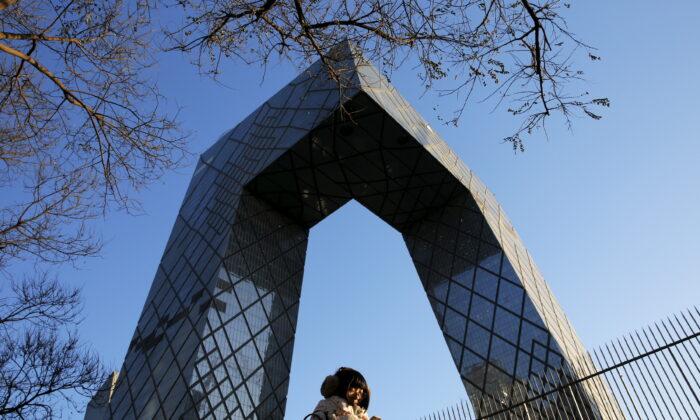UK broadcast regulator Ofcom has fined a Chinese state broadcaster a further £200,000 ($273,000) over two programs aired in the UK that contained forced confessions.
CGTN, previously known as CCTV, is an international English-language satellite news channel owned by the Chinese regime and directly controlled by the Chinese Communist Party (CCP).





